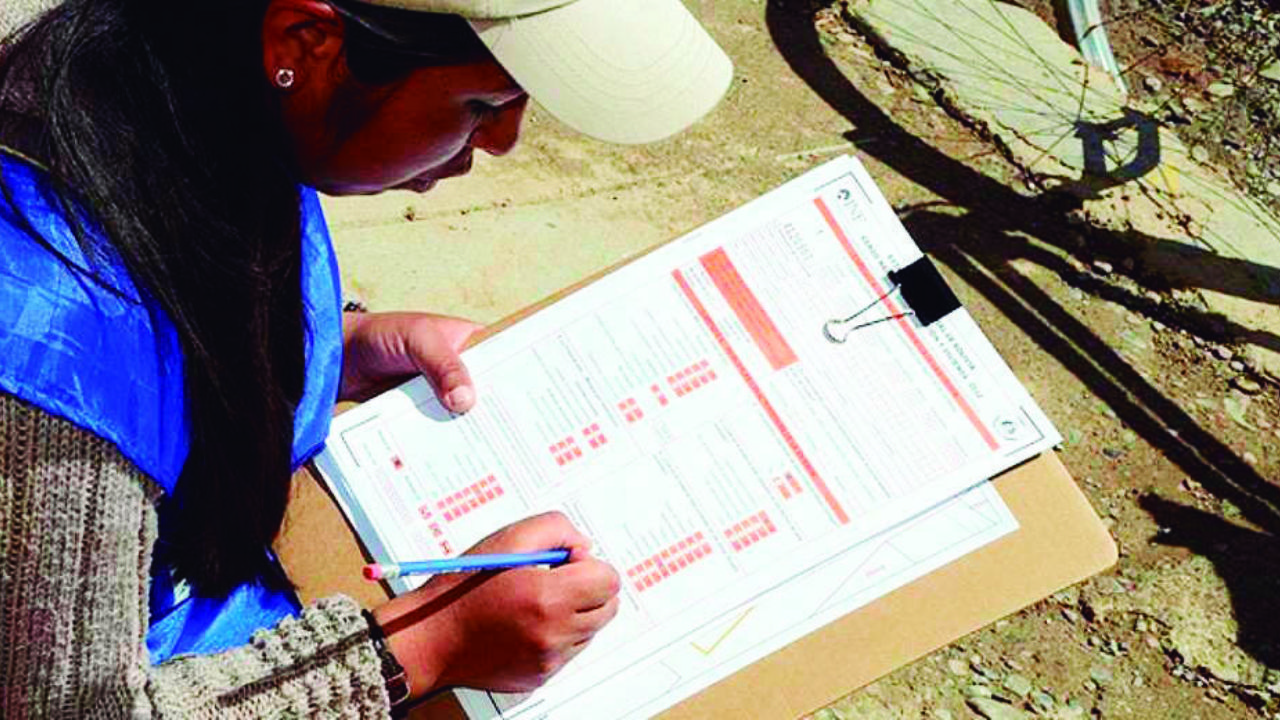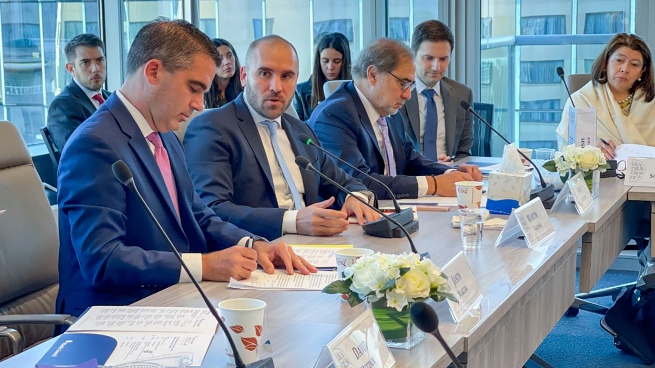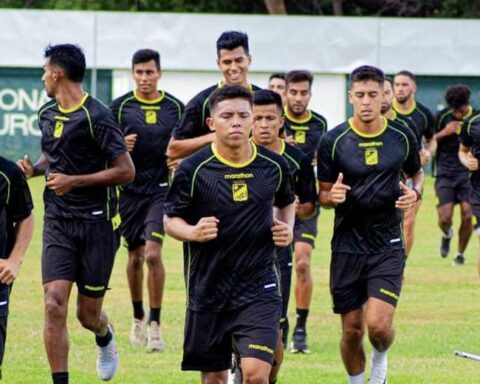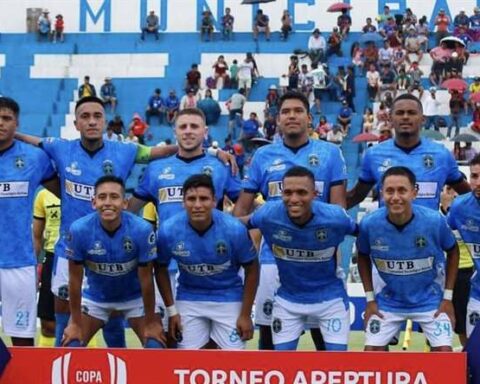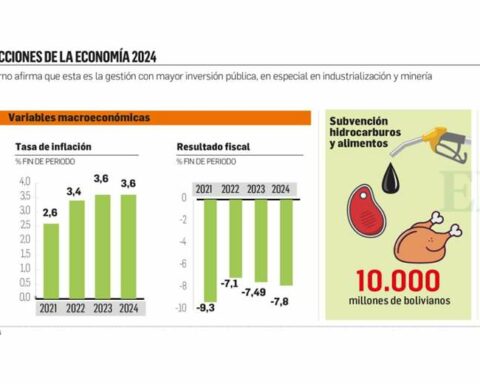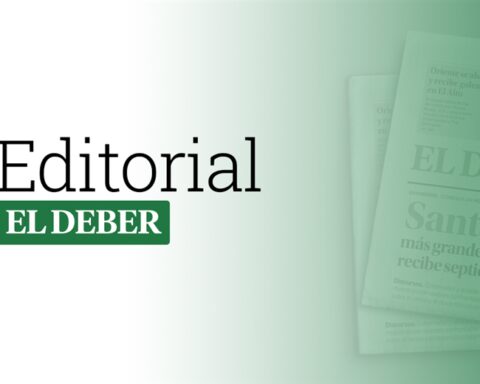Luis Escobar / La Paz
By excluding the “mestizo” category from the 2022 census ballot, this process will not allow non-indigenous self-identification and many people will be forced to select the option of none, experts and opposition assembly members warned. The previous week, the Government already ruled out that possibility and indicated that the term is “racist.”
“When they ask you to self-identify because it is in the Constitution, you ask yourself: how do you define yourself? If it’s self-identification, you can’t be pigeonholed into something you’re not. And if you are not in any of those categories, they force you to say that you are ‘no one’ and that is not to exist,” said journalist Andrés Gómez.
The ballot of the two previous censuses included the question: “As a Bolivian or Bolivian, do you belong to any nation or native indigenous peasant or Afro-Bolivian people? Yes, to which one? NO, it does not belong”. In 2001, 62% of the population over 15 years of age self-identified with some indigenous people. In the 2012 census it dropped to 41.7%.
Gómez said that if the trend continues, in this year’s census it would drop more. “What the reason? cultural miscegenation”.
Presidential spokesman Jorge Richter indicated that the word “mestizo” comes from a colonial category and “is inserted in the caste system.” He affirmed that this term had not been taken into account since 1900. “It is important that the associations of the original peasant indigenous peoples are established through identities. Mestizo has a current concept of racial groups,” he told Red Uno.
What happens if the majority of the population does not identify with any of these peoples? Richter replied: “That may be the answer to the question: ‘none’ (…) I don’t belong has a connotation that he is a citizen not linked (to these 36 towns)”.
According to Richter, the Constitution mentions “cultural self-identification.” “That is a specific issue, article 21 establishes that Bolivians have the right to cultural self-identification. This is established with peoples or nations. Is miscegenation a people or a nation?” she said.
According to Gómez, the argument that miscegenation connotes racism “is not solvent.” “Although in the Colony, the dominant power divided the social and racial stratification between whites, mestizos and Indians. Now the indigenous is maintained, which does not cease to have a racist connotation, and miscegenation is annulled, which -in reality- ceased to have a racist connotation because cultural miscegenation exists, ”he said.
Gómez explained, for example, that the purpose of the census is to make indigenous peoples visible and the objective is to prevent them from disappearing. “In two previous censuses they identified that of those 36 towns, there are five in the extinction stage. What was the use of identifying them? If in the end the Plurinational State did not prevent them from losing their territories, let the intercultural usurp the lands of the smallest indigenous peoples”, he questioned.
For Gómez, the Government identified these small towns to promote “social and ethnic Darwinism.” In other words, according to the journalist, the largest towns end up destroying the smallest ones.
He considered – for that reason – that the question should no longer be included. “The census has more important things and seeks to obtain real information on the living conditions of the inhabitants. How much will Bolivians benefit if we identify with an indigenous nation or not?
The deputy of the Citizen Community José Manuel Ormachea said that miscegenation should be included in the census. “The discriminatory thing would be that the lack of self-identification continues, which is a right; discrimination against that 58% of the population that did not identify with any indigenous people”, he stated. Lawyer and deputy minister Jorge Silva considered that the new census ballot will include “an option” to identify this bulk of the population. “I imagine that there will be some alternative so that, for example, I identify with some native people or not. If I don’t identify myself, I’ll just put Bolivian, so to speak. You are not required to self-identify,” he stated.
Silva asked to wait for the INE to design the ballot. He also indicated that the opposition holds this type of debate to raise doubts about the census.
recommendation
- Fact “Recommendations for population and housing censuses in Latin America” (2020) is from ECLAC.
- Document “It is recommended to avoid a classification that involves unspecific or ambiguous categories, such as “mestizo” or “morenos”. The experience of some countries has shown that this effectively leads to problems in recruiting the indigenous and Afro-descendant population, something that in contexts of strong discrimination can tend to underestimate such populations”, says specific recommendation eight. Andrés Gómez indicates that specific recommendation III also recognizes multiple self-identification.

